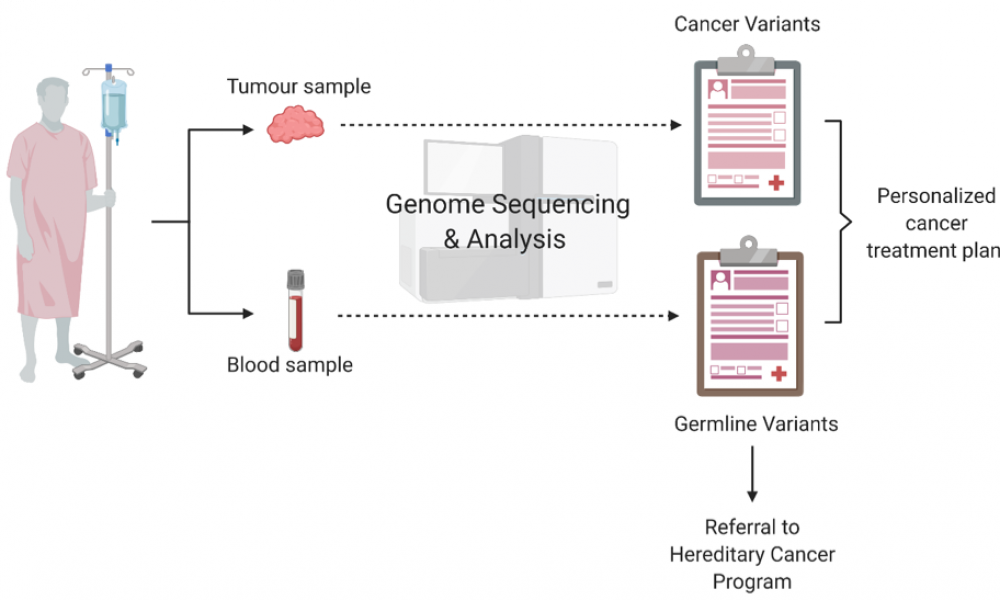News

Fifty Points of Significance
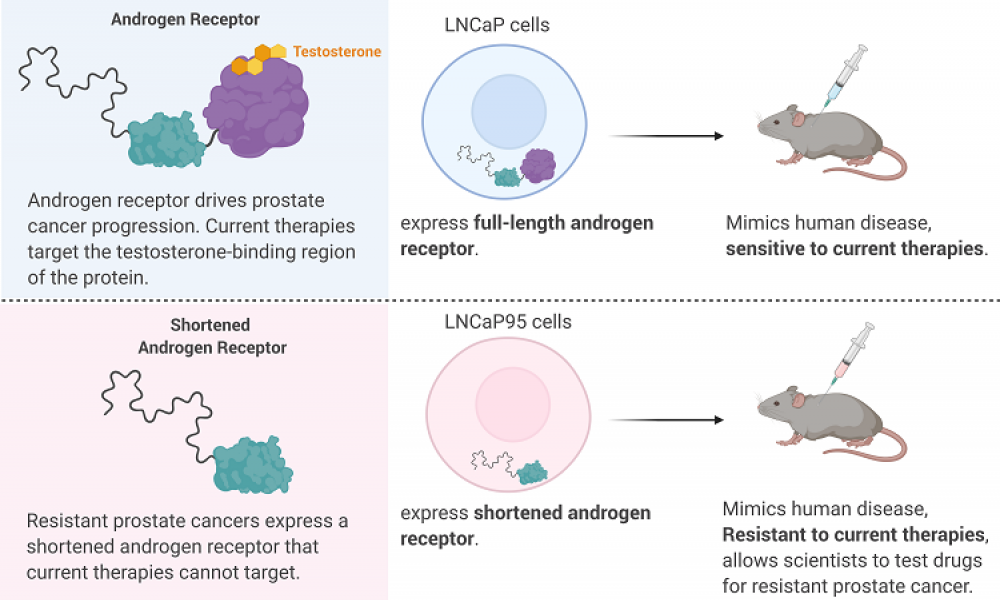
An optimized tool for the development of novel therapies for treatment-resistant prostate cancer
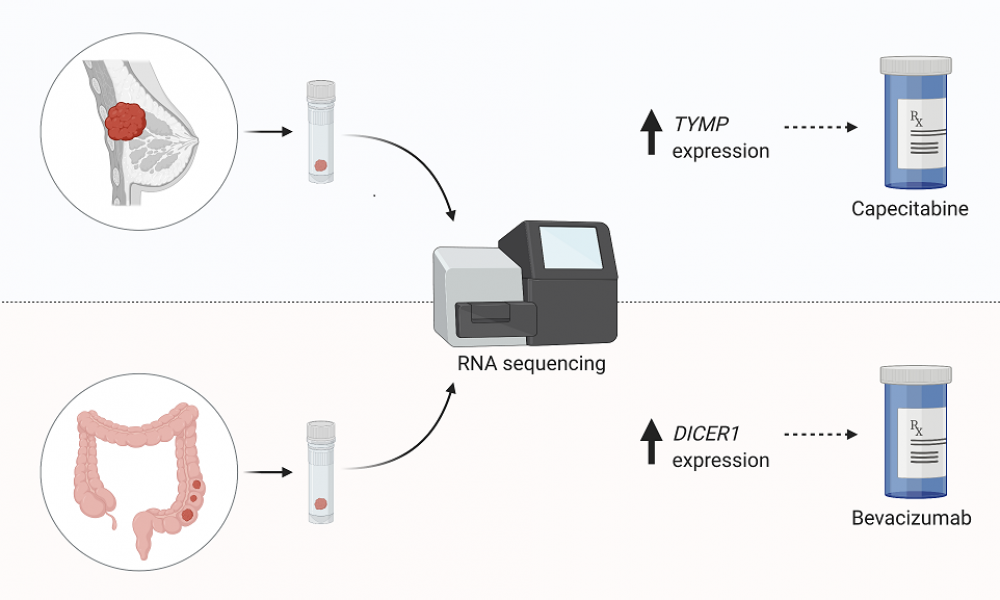
POG researchers uncover potential biomarkers for the treatment of advanced stage breast and colorectal cancer
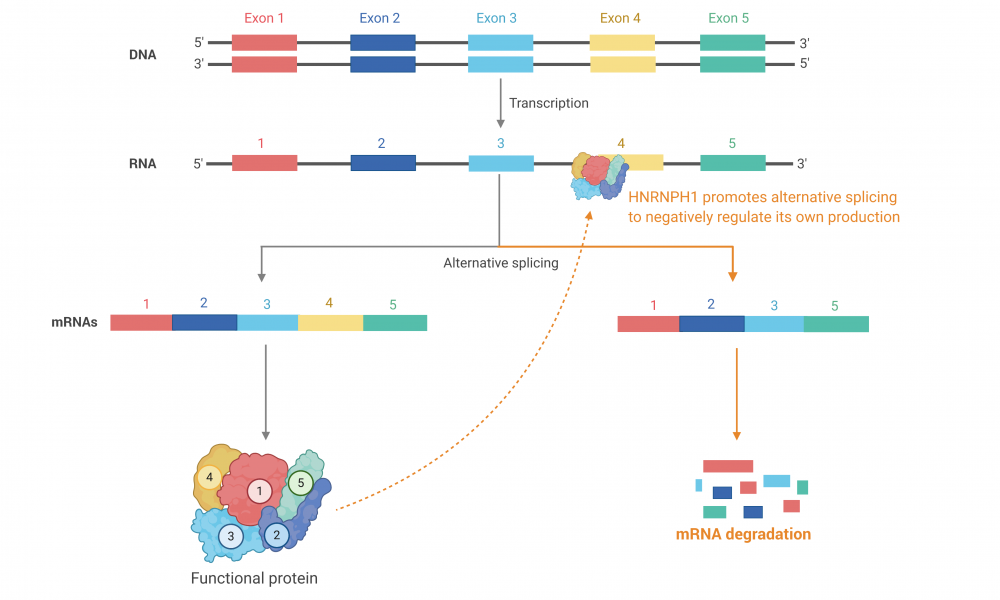
Genomics study uncovers a novel feature of mantle cell lymphoma biology
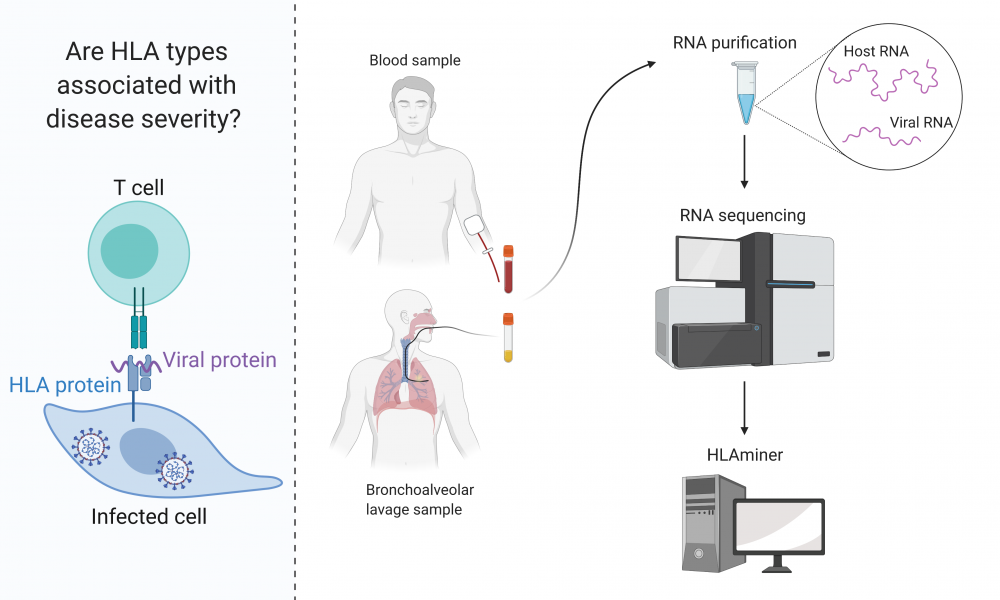
A bioinformatics method may help uncover link between immune system variability and SARS-CoV-2 susceptibility
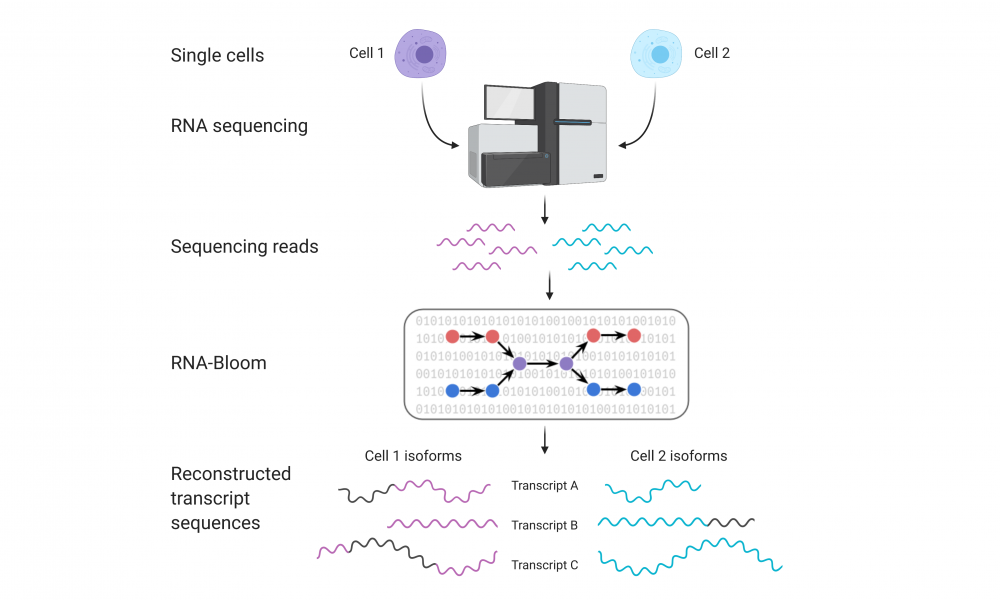
New tool enables researchers to assemble transcript isoforms from single cells
The advent of single-cell RNA sequencing technologies has provided unprecedented opportunities for the analysis of transcriptomes at single-cell resolution, allowing researchers to explore cell-to-cell variability. Now, researchers have developed a tool for the analysis and identification of RNA isoforms from single-cell RNA sequencing data.
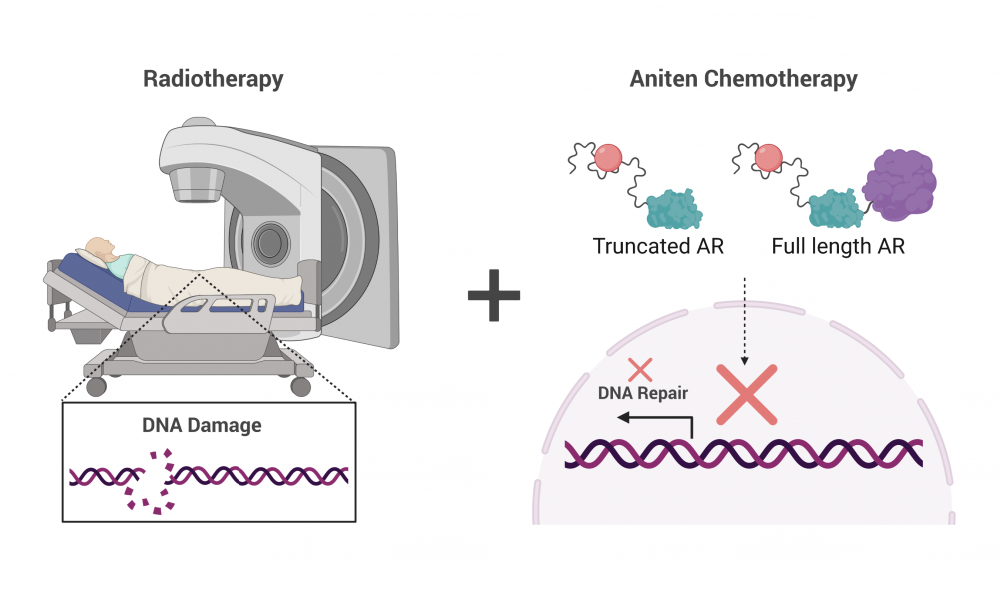
Cancer drug synergizes with radiation therapy in treatment-resistant prostate cancer
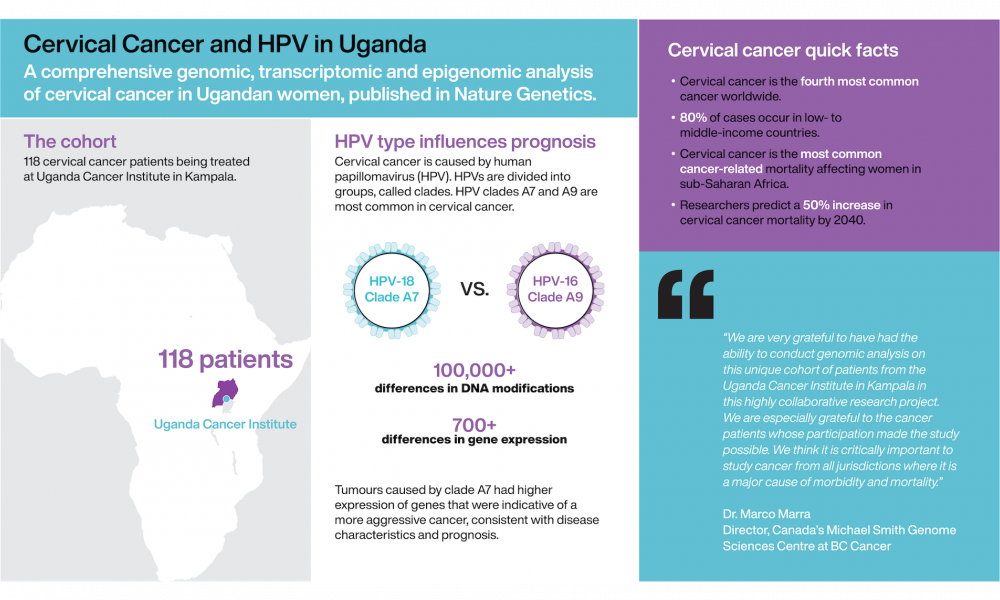
An in-depth analysis of cervical cancers in Ugandan women
Cervical cancer disproportionately affects women in sub-Saharan Africa where it is the most common cancer-related mortality and has disease rates higher than any other region in the world (1). Yet studies of the disease have predominantly focused on non-African populations.
An international team of researchers, in work led by Canada’s Michael Smith Genome Sciences Centre (GSC) at BC Cancer, have now published an analysis of the genomic characteristics of cervical cancers in Ugandan women.
